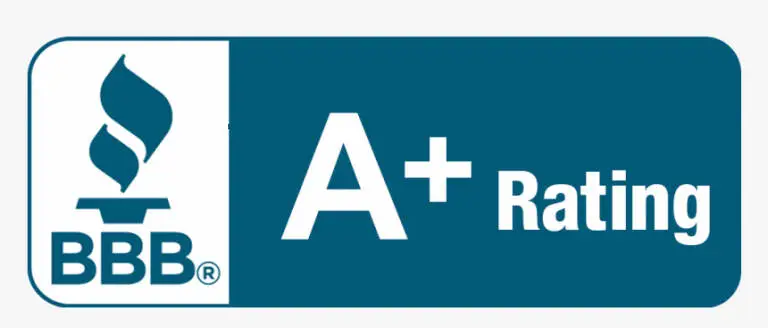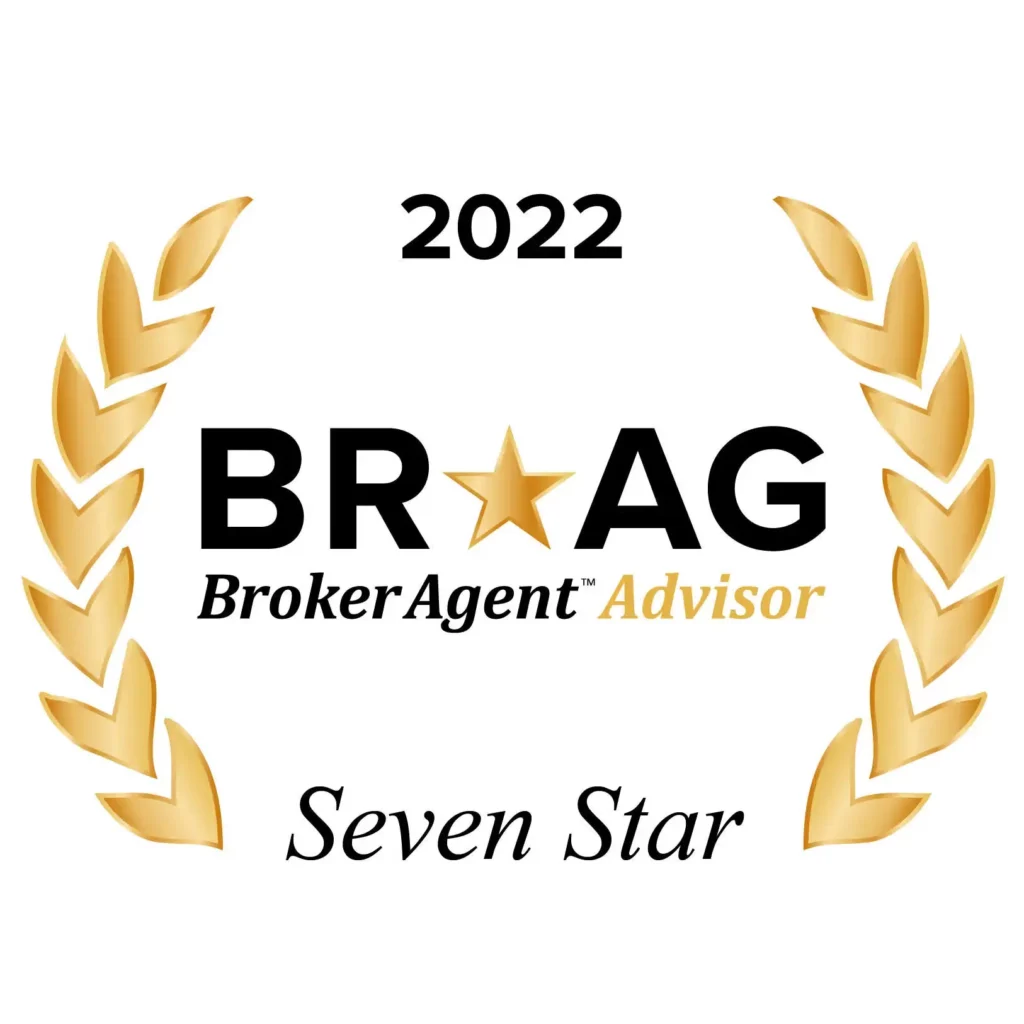Blog
Solving Tenant Disputes: Expert Property Management Strategies for Conflict Resolution
Lee Blackburn

Tenant relationships are not always easy to manage, and tenant disputes can be even more difficult to manage.
This is an excellent reason to hire a professional property manager; you won’t have to worry about conflict and confrontation.
We like a pre-emptive approach when it comes to solving tenant disputes: avoid them.
This is easy for us, thanks to our process of rigorous tenant screening. We know that placing and retaining well-qualified tenants will lead to a pleasant and profitable rental experience for our owners. There won’t be many disputes to deal with, and we prioritize establishing positive and professional relationships with all of our residents.
Solving tenant disputes also requires compassion and empathy. The entire rental experience is improved for everyone when residents feel supported, heard, and respected.
Disputes will happen between tenants and owners. Conflicts will happen when your tenant is unhappy with you. You’ll need to know how to manage and resolve those issues without having those problems escalate.
We want to talk about how to manage and solve tenant disputes, whether they’re between two tenants or you and a tenant. Remember that not every tenant complaint can be solved, but when you are engaged and empathetic, you can often come to a reasonable resolution.
Include Dispute Resolution in Your Lease Agreement
A strong lease agreement will provide all the expectations that you have for your tenant and the tenancy. This is where all of your rules, requirements, and the tenant’s responsibilities must be included. The lease will establish what is permitted and what isn’t. It can also outline a process for dealing with tenants who act disrespectfully towards one another. A dispute resolution clause in the lease will provide some steps on how to solve any problems that arise.
Experience tells us that many of the disputes that occur between landlords and tenants or tenants and neighbors can be prevented with a careful reading of the lease agreement. You’ll find your answers there when there’s any kind of friction with your tenants.
Here are a couple of examples: If you and your tenant find yourselves in a dispute over late fees, you can point your tenants to the rent collection policy that is included in your lease. There, you will find the schedule of late fees and a list of additional consequences that may be imposed if rent continues to come in late. If there’s a dispute between two of your multifamily tenants about noise late at night, you can refer them to the quiet hours section of the lease agreement.
The lease agreement is your road map.
When your lease is clear, consistently enforced, and understood by all parties, you can avoid disputes and disagreements with and between tenants.
Listening Matters During Tenant Disputes
Tenants have a right to the quiet enjoyment of their home. When there’s a loud neighbor who is interfering with that by having constant parties, playing music at all decibels well into the night, or not silencing a barking dog, there will almost certainly be a complaint. As the landlord, you’ll be expected to resolve it or at least acknowledge it.
Prepare to listen. This is the first and the most important step in solving any dispute or conflict.
When your tenants come to you with a complaint about noise, pet problems, parking issues, or other nuisances that they’re experiencing, they want to be heard. It’s your responsibility to let them make their complaint. You may not be able to solve the problem. Tenants know that. But, by listening empathetically and with compassion, you’re validating their concerns and demonstrating that you care about whatever is afflicting them. This helps your relationship and it builds trust.
Learn how to actively listen.
Encourage Communication between Tenants When a Dispute Arises
Communication can help resolve conflicts, and sometimes all you need to do is facilitate a conversation between the tenants who are bothering one another. It’s possible the loud neighbor doesn’t even realize he’s being loud.
If the complaining tenant is too nervous to talk to the offending tenant, offer to be present for the conversation. You can play the role of mediator. If the neighbor is also a tenant of yours, it’s okay to offer to talk with those neighbors yourself. This isn’t necessarily your job, but you’re trying to provide good customer service, and you want to keep your Nashville tenants happy.
Document Everything: Actions and Conversations
Whether your tenant is mad at you or another tenant, the entire complaint must be documented. After you’ve heard the initial complaint, create a summary or a narrative that you can keep in their file. After a few days, check in to see if things are better, worse, or the same. Always document the complaint in great detail in case it needs to be escalated or if there’s a further complaint that you didn’t act on something you had the power to act on.
You might find yourself with a bit more leverage when there’s a dispute between neighbors and your property is in an HOA. Usually, you can go to the association board to resolve the issue or ask them to intervene and talk to the neighbor who is causing problems. There are almost certainly rules about noise, quiet hours, and pet clean-up.
Active Tenant Screening
One way to avoid tenant disputes is by placing tenants who are unlikely to cause problems or initiate conflict.
This type of tenant screening cannot interfere with fair housing laws. You’ll need to approve and deny tenants based on the same consistent rental criteria. Prior rental history, however, can be part of that criteria. In addition to your financial screening and your investigation into prior evictions and criminal backgrounds, take a look at rental history. Talk to current and former landlords.

Tenant disputes are tricky, but as long as you have a great lease, a transparent communication style, and a willingness to document everything that occurs, you can solve or at least manage any conflict.
We’d be happy to help you. Please contact us at Omni Realtors and Property Management.









